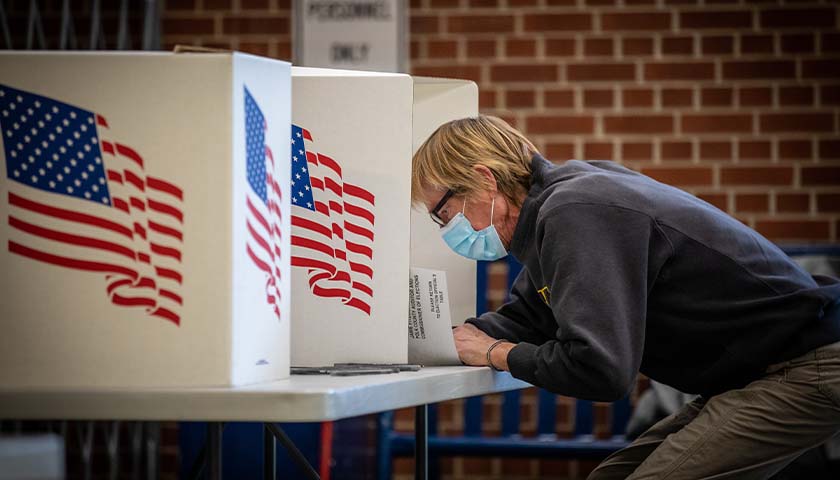by Bethany Blankley
Florida’s economy reached many milestones in 2022, including recording it’s second lowest unemployment rate in state history and reaching record levels of job creation and budget reserves. It also closed 2022 with nearly $22 billion in surplus, the highest in state history, and decreased its debt by $1.3 billion.
“By keeping Florida free and open, we have created a positive economic environment and invested in our state’s workforce and communities,” Gov. Ron DeSantis said of the state’s economic progress. He’s touted Florida leading the U.S. “in net migration and talent attraction” while “other states continue to struggle at the hands of poor leadership; people and businesses are flocking to Florida.”
Florida Department of Economic Opportunity Secretary Dane Eagle announced Florida’s economic milestones in an end of year report, crediting “Governor DeSantis’ decisive leadership and smart, strategic investments,” which he said prepared Florida’s economy “to face the national economic conditions, inflation, and the catastrophic impacts of Hurricane Ian.”
As other states continue to face economic hardship due to the national economic climate, in October, Florida surpassed pre-pandemic employment levels in all nine major private sector industries and created net jobs for the 13th consecutive month.
In November, Florida’s unemployment rate dropped to 2.6% – the lowest of the country’s 10 largest states. November also marked 24 consecutive months of Florida’s unemployment rate remaining below the national rate, the 20th month Florida exceeded the national job growth rate, and the 31st consecutive month Florida employers added jobs.
The state awarded $66 million to 22 communities and educational institutions through the Florida Job Growth Grant Fund. The fund is projected to create more than 19,000 jobs and training opportunities over the next 10 years.
DEO also administered more than $133.4 million to facilitate workforce development initiatives, $13 million to 27 rural communities to help facilitate infrastructure projects that encourage job creation, and over $135 million through the Community Development Block Grant Program to improve infrastructure, housing, job creation and other initiatives.
Florida’s Homeowner Assistance Fund, which launched in 2022 to mitigate financial hardships associated with the COVID-19 pandemic, helped prevent mortgage foreclosures and delinquencies and utility service disruptions. At least $540 million was awarded through the program, which helped roughly 28,095 homeowners and prevented over 300 active foreclosures.
“According to publicly available data, Florida’s HAF program has awarded more in assistance than California, Texas, and New York combined,” DEO says.
Florida’s new Law Enforcement Recruitment Bonus Payment Program in 2022 awarded over 600 bonuses to newly certified law enforcement officers.
In September, DEO also began issuing $1,000 bonuses, after taxes, through the Essential First Responders Recognition Program to sworn law enforcement officers, emergency medical technicians, firefighters, and paramedics. As of Dec. 27, DEO had issued $106.5 million in recognition payments to over 80,000 first responders.
This is after the state legislature and the governor implemented over $1 billion in tax cuts and savings in 2022.
In 2022, Florida also led the U.S. with the fastest population growth and was ranked first in several rankings for freedom, educational opportunities, low tuition rates and attracting a talented workforce.
– – –
Bethany Blankley is a regular contributor to The Center Square.
Photo “Hired” by Edmond Dantès.





